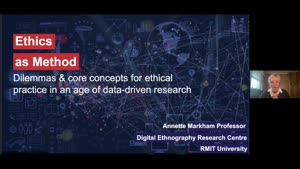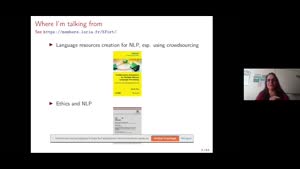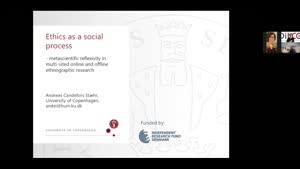Ethics in natural language processing (Methods Day 2021) - Karën Fort - University of Hamburg
- Lecture2Go
- Catalog
- F.5 - Geisteswissenschaften
- Sprache, Literatur, Medien (SLM I + II)
- Digital language variation in context (DiLCo)
Catalog
2637 Views
08.10.2021
Ethics in natural language processing (Methods Day 2021)
In the last decade, Natural language processing (NLP) applications have become part of our daily lives. Firms like Google, Facebook or Amazon have devoted huge efforts into research and are present in all NLP conferences. The distance between researchers and users has shrunk and a number of ethical issues started to show: stereotypes are repeated and amplified by machine learning systems, NLP is used for ethically-questionable purposes like automatic sentencing, and more or less experimental tools are forced on users without taking their limitations into account. In this presentation, I'll come back on the evolution of the subject of ethics in the field of NLP and will detail some of the issues we are faced with, as well as our actions to tackle them. Finally, I'll propose a more systematic view on the subject that allows to uncover some blind spots that we'll have to address if we really want to do responsible NLP.
Karën Fort is Associate Professor at Sorbonne Université and does her research at the LORIA laboratory in Nancy. Her primary research interest is manual annotation for natural language processing (NLP), which she extended to crowdsourcing annotation, in particular using Games With A Purpose (GWAPs). She also developed an interest in ethics in NLP and organized the first colloquium on the subject in 2014, in France, followed by a national workshop (ETeRNAL) and a special issue of the TAL journal in 2016. She initiated the French “Ethics and NLP” blog (http://www.ethique-et-tal.org/) and a survey on ethics in NLP (Fort & Couillault, 2016). She was co-chair of the first two ethics committees in the field (EMNLP 2020 and NAACL 2021) and is co-chair of the newly created ethics committee of the association for computational linguistics (ACL). She is a member of the Sorbonne IRB.
DiLCo (‘Digital language variation in context’) is a 3-year international research network initiated in 2021 at the University of Hamburg. The network brings together researchers from Europe and USA with expertise in computational, interactional, and ethnographic approaches to digital language and linguistics. It aims to provide a platform for the development of interdisciplinary ideas in digital language and communication research, and for early-career capacity building.
---
DiLCo (‘Digital language variation in context’) is a 3-year international research network initiated in 2021 at the University of Hamburg. The network brings together researchers from Europe and USA with expertise in computational, interactional, and ethnographic approaches to digital language and linguistics. It aims to provide a platform for the development of interdisciplinary ideas in digital language and communication research, and for early-career capacity building.
---
DiLCo (‘Digital language variation in context’) is a 3-year international research network initiated in 2021 at the University of Hamburg. The network brings together researchers from Europe and USA with expertise in computational, interactional, and ethnographic approaches to digital language and linguistics. It aims to provide a platform for the development of interdisciplinary ideas in digital language and communication research, and for early-career capacity building.
Technical support
Please click on the link bellow and then fill out the required fields to contact our Support Team!
RRZ Support Link

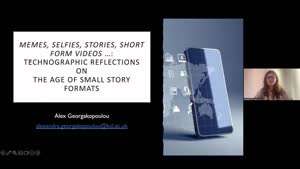
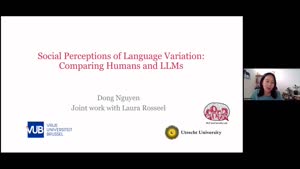
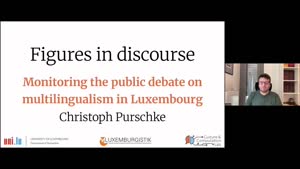
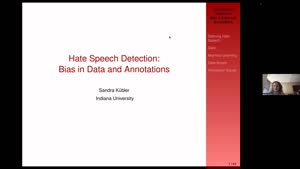
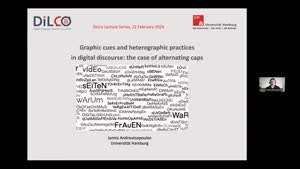
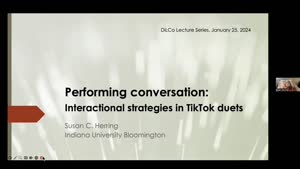
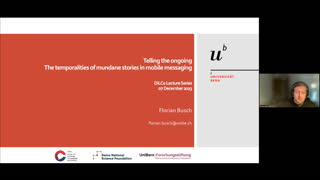
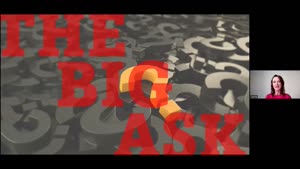
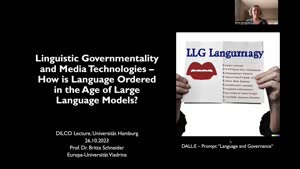
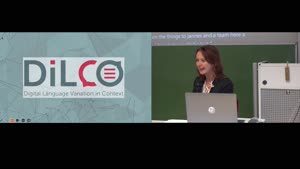
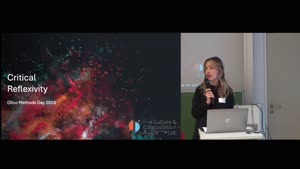
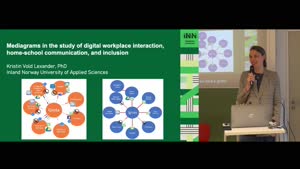
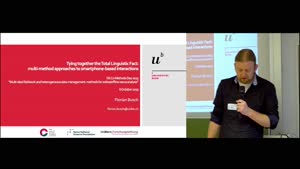
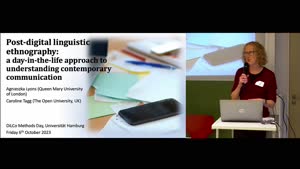
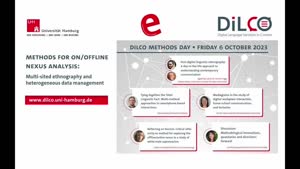
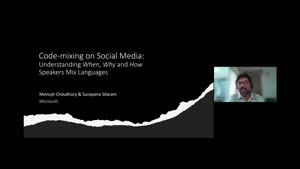
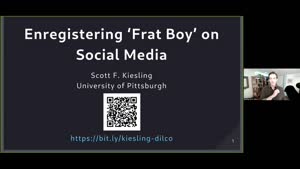
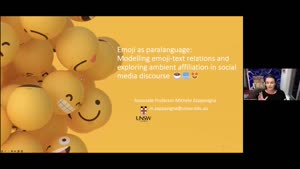
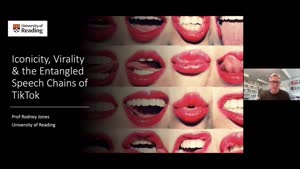
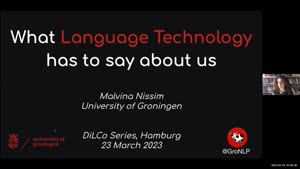
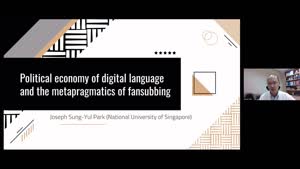
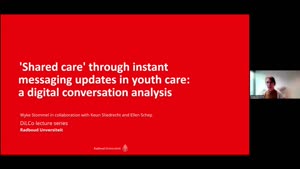
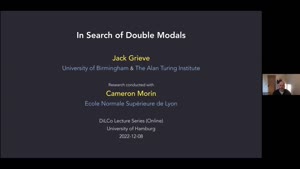

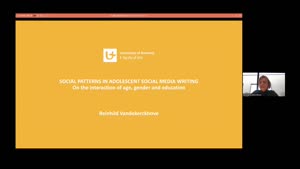
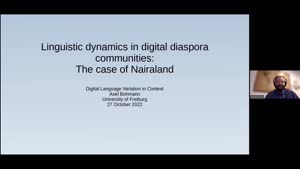
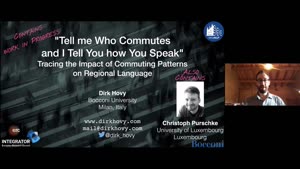
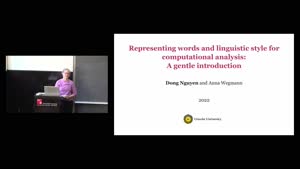
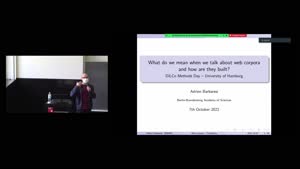
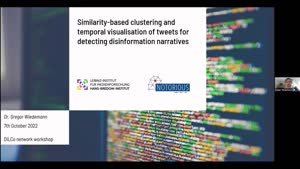
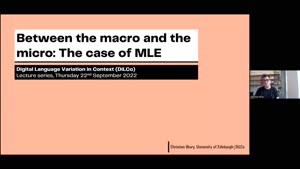
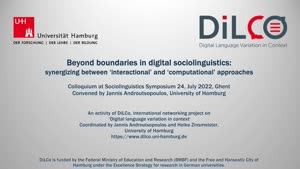
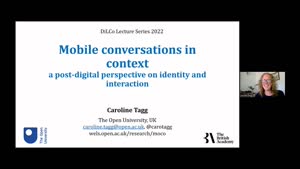
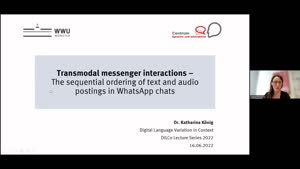
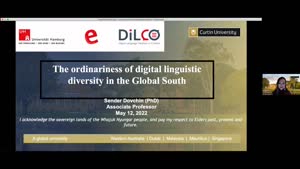
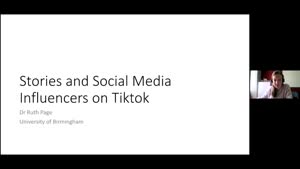
![Thumbnail - Graphic Prosody and political discourse on Greek Reddit [Presentation in Greek]](https://lecture2go.uni-hamburg.de/images/00.000_video-61074_2022-03-30_18-30_m.jpg?lastmodified=1663761108652)
